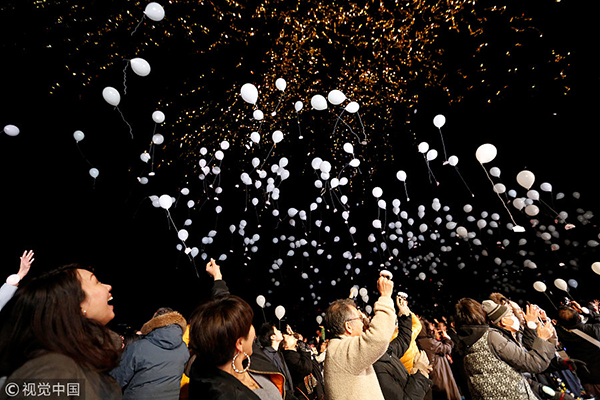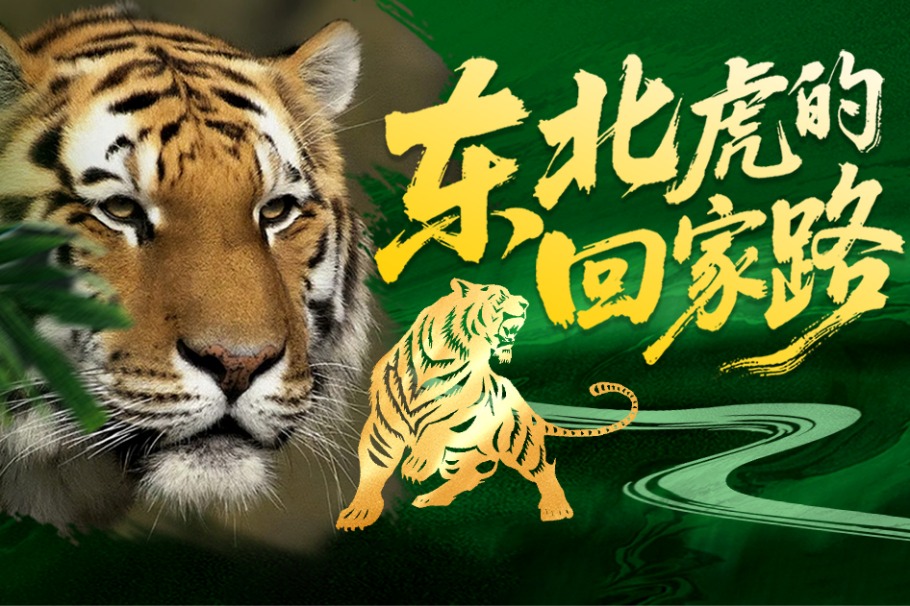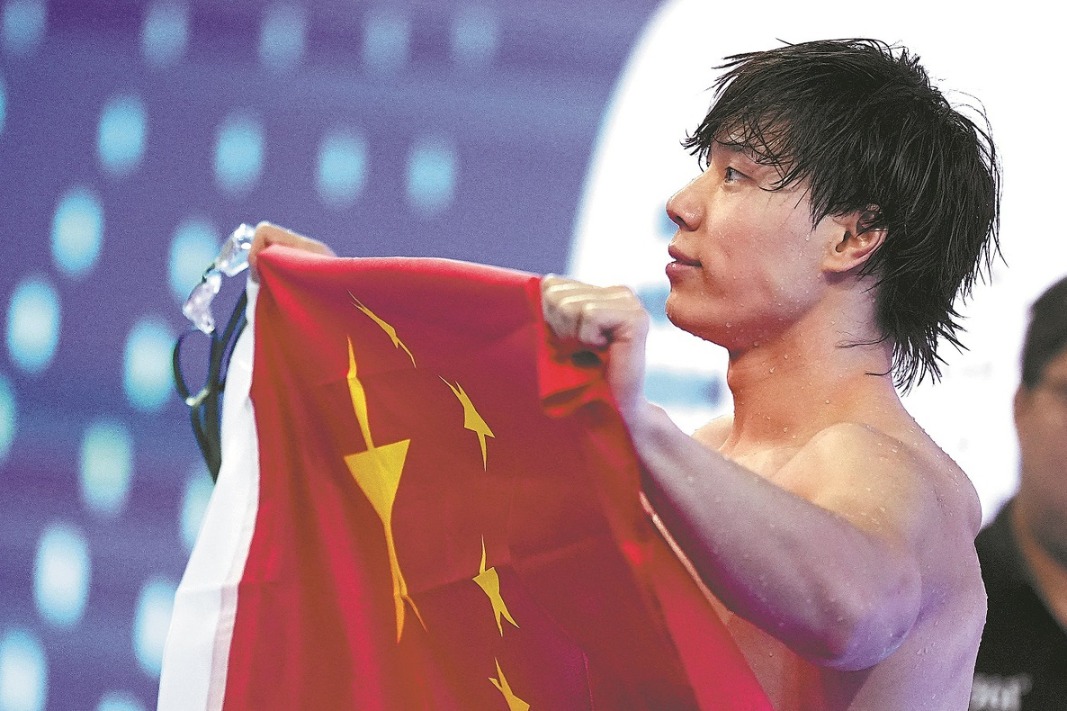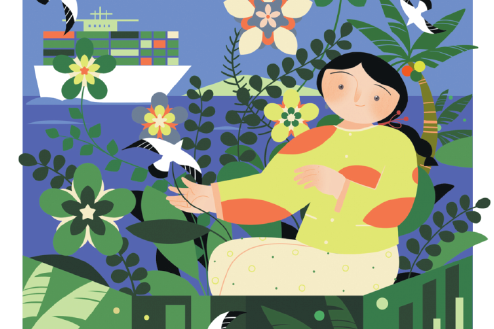Relay races reflect the spirit of Japan's youth


It would not be an overstatement to say Japan's New Year begins with the Hakone Ekiden, as an iconic long-distance road relay race is known. The 217.8-kilometer relay marathon sees male runners from more than two dozen college teams in the Tokyo area run from the center of the Japanese capital to the hot-spring resort of Hakone in Kanagawa prefecture in the Fuji foothills on Jan 2. They run all the way back to downtown Tokyo on Jan 3.
The event is one of the highest-rated annual sports broadcasts.
Participants from Aoyama Gakuin University, who for nine decades had not won a single race, won the victor's trophy this year for the fourth time in a row.
The Hakone Ekiden takes place along a section of the Tokaido, one of the oldest roads connecting eastern and western parts of Japan-Tokyo and Kyoto-with the iconic, snowcapped Mount Fuji soaring in the background.
Ekiden, a word comprising eki (station) and den (passing down), originally referred to the system developed during the Edo Period (1603-1867) to arrange relays of horses to carry important messages between different points on major roads. Ekiden entered the Japanese language lexicon as a byword for long-distance running in 1917 thanks to the Yomiuri Shimbun newspaper.
Long-distance running has a long and noble tradition in Japan, which is famous for a large contingent of elite amateur runners thanks to the marathons and ekiden races held in many cities. As part of the rebuilding process after World War II, many companies, from department stores and automakers to cosmetics makers and even a lingerie store, formed sports teams to help raise the morale of their workers.
The Hakone race is a team sport based on the concept of one runner passing a tasuki, or cord, to another. The tasuki that also serves as a baton symbolizes years of each team member's training, setbacks, sacrifices and dreams.
The college students' passion for the New Year's relay marathon is inspiring. Many runners dedicate their college life to it. From one section to another, passing the school tasuki is more important to the runners than anything else. Such passion and love for relay races create dramatic moments every year.
Some runners outdo themselves thanks to their team members' faith in them. A few runners, even after suffering an injury in their leg or ankle, are known to have kept running to pass on the tasuki to the next runner. Crowds and commentators alike lavish praises on the losers as much as the winners.
The relay race is believed to have become a national bonding ritual in Japan. It tells us a lot about the strengths of Japanese culture-celebrated attributes of cooperation, duty, dedication and perfectionism. The situation in Japanese workplaces is similar-and the lack of an antidote to fatigue results in employees fighting through pain to success.
In the end, the Hakone Ekiden is all about the runners with their vast reservoirs of strength, endurance and talent. Even when hope is lost, they give the race everything they have.
The competition appeals to Japanese people's penchant for teamwork. When the first-place team crosses the line, it is an ecstatic "we" moment. When a runner trips or falls, the time lost is also a crushing "we" moment. Passing the tasuki from one runner to another carries a heavy emotional load. Tears do flow.
The relay races shape young people, instilling in them the qualities of patience, commitment and perseverance, which has allowed Japan to always put up a bold and brave face even in the worst of times.
The Hakone relay race during the New Year's holiday is inspirational; it helps people find persistence and ingenuity, and build the team spirit, leaving a romantic package of nostalgia for the youth for years to come.
The author is China Daily Tokyo bureau chief. caihong@chinadaily.com.cn

































